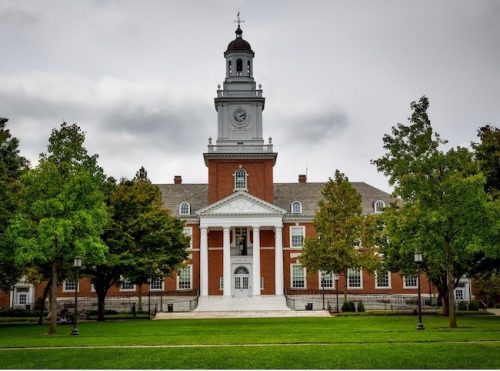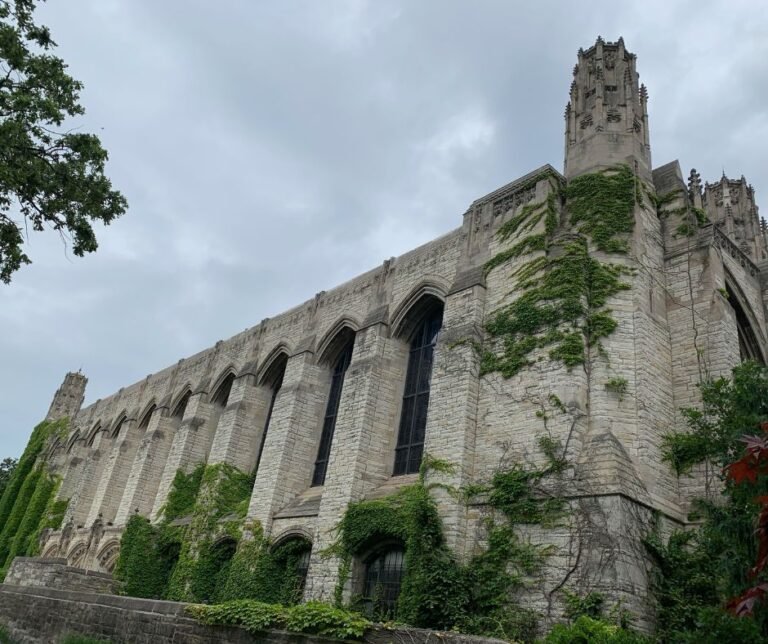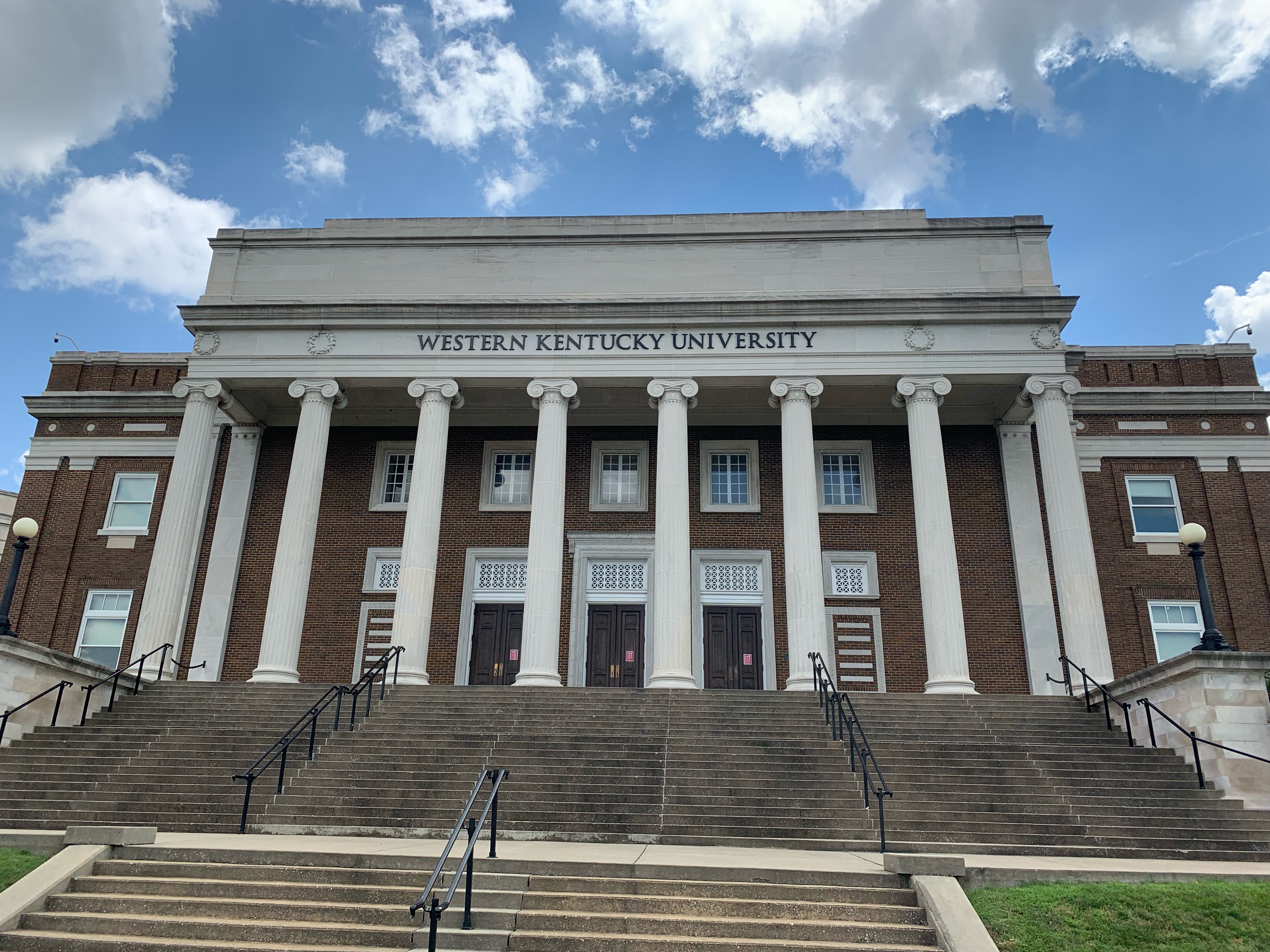The Impact of Covid-19 on College Admissions: An Update
Last Updated on May 8, 2020 by Jill Schwitzgebel
Two weeks ago, which now seems like a year ago, I wrote about the preliminary anticipated impact of Covid-19 on college admissions. Since then, there have been daily developments and the picture has become much clearer. So I thought it was time to check back in here and attempt a round-up of what we now know and make some educated guesses about what to expect from colleges.
What We Know
 Seniors
Seniors

Colleges Have Changed Deposit Deadlines
Many, many colleges have changed their deadlines to respond to an offer of admission from May 1 to June 1. The National Association for College Admission Counseling has created a handy resource for students to check to see what each college is doing. For the most part, highly selective schools have stuck with the May 1 deadline. If your student needs more time and they are considering a college that has not yet pushed back the deadline for enrollment, reach out to them and ask for an extension.
Accepted Students Days Have Gone Virtual
With the pandemic making it impossible to visit most colleges, schools have chosen to take their admitted students events online. No, it’s not the same as being there, but they can still be really helpful for an undecided student. You can expect video tours, webinars, and perhaps there will even be some interactive panel events where you can speak to current students and parents.
Some Freshman Orientation Events Will Be Online
With so much uncertainty about when we will be able to travel freely this summer, colleges that typically have early summer events have begun to plan to take their summer new student orientations online, as well. Though that is likely a big disappointment, better that they do that now so that they can plan a great online event, as opposed to throwing one together at the last minute.
Advanced Placement Tests Are Now Online
The College Board announced that all AP tests would be offered online rather than in-person, with some changes to the test format. Students will be given a choice of two different dates for each subject. They also announced that the tests would focus most heavily on content taught through early-March. Additionally, they are providing free remote learning resources for students to access.
Juniors
The ACT and SAT Spring Test Dates Are Canceled
Currently, the SAT is still planning to offer a June test date. That could easily change over the next weeks.
Colleges Are Going Test-Optional
This was already a huge trend among colleges. But with the cancellation of spring college entrance exam dates, which are often when juniors take the test, even some of the more selective colleges, like Tufts, have announced that they will be test-optional next year.
SAT Subject Tests Requirements Are Dropped
Many of the most selective colleges typically “recommend” them. But last week, MIT announced that they would be eliminating the requirement for SAT Subject tests. It’s likely that they won’t be alone. Be sure to check the testing requirements of any college your student is considering to see if subject tests are still recommended.
What We Can Assume
Typically, colleges like to have their incoming class squared away by the end of May, so that they can move on to the next phase of the admissions cycle. This year, that timeline is going to get pushed until at least the end of June in many cases. The entire college admissions process has been thrown into chaos for this year’s juniors and seniors. And the ripple effects will continue to be felt by this year’s high school freshmen and sophomores too, when it’s their turn to apply. Colleges have to do things in a whole new way and flexibility is going to be a requirement.
Students really need to remember that pretty much every high school student in the US is in the same situation right now. Colleges will understand if your high school grading scale has changed to Pass/Fail and they are likely to even understand if there is a drop in GPA this semester as schools take learning online. It will be up to them to decide how they want to factor that into their admissions for the next few years. But be assured, they will.
So, here are some conclusions that we can safely draw, even if colleges are not announcing them:
Waitlists Will Be Longer
Waitlists have been growing each year anyway. With so much uncertainty in how the coronavirus outbreak will affect students’ college decisions, colleges are going to use longer waitlists. But, it’s more likely that they will actually utilize their waitlists this year. Some colleges never go to their waitlists. I don’t think that’s going to happen this year.
Demonstrated Interest Will Not Be Considered – Virtual Tours Will Be Popular
For the most part, students had to cancel spring break college tours. It’s very possible that travel won’t be recommended this summer either. So, colleges can no longer use a campus visit as an indicator of a student’s interest. On-campus interviews will have to be changed to a virtual format. Colleges that typically consider demonstrated interest are going to have to give that factor much less consideration next fall.
For students searching for colleges, they are going to need to utilize virtual tours as a way to see campus. With some luck, things will be more “normal” later this year or early next year, and they will be able to visit campuses then, before making a final decision. Until then, students should follow colleges of interest on social media and visit college websites to try to get a feel for campus culture. Expect that your student’s email inbox will be even more overloaded than usual with college marketing!
Colleges Will Continue to Give Advanced Placement Credit
I have yet to hear any colleges say that they will change their AP credit policy due to the change in testing this year. However, it’s likely that colleges will counsel students to strongly consider whether they have a good understanding of the course content before skipping the class at the college level. I think we may even see colleges offer online “refresher” courses this summer, to be certain that the students know the content before proceeding to the next class in the sequence.
 Financial Aid and Scholarship Cuts
Financial Aid and Scholarship Cuts

Some seniors have already been offered their financial aid package prior to the pandemic. That’s likely great news for them. Going forward, many colleges are going to find themselves in a tough financial situation, worried about cash flow. This is going to make it more difficult to negotiate financial aid and colleges are not going to feel that they are in a position to be generous.
Many families will find themselves with a changed financial situation due to a job loss or at least, lost income this year. Others may have lost a lot of the money invested in their 529 accounts. Those things will impact students’ decisions about where they will attend. Or, students may take a gap year. In other situations, students may choose to go to a school closer to home so that they don’t have to pay for housing. Colleges are also likely to lose some international students that they rely on for tuition income. These are the things that keep enrollment managers awake at night worrying about whether they’ll have enough tuition income to meet their budget goals next year.
Private colleges expect to be hit especially hard, but public institutions expect a hit as well. They will likely lose out as their respective states lose tax revenue to help fund them. For all of those reasons, colleges will have to be conservative in how much aid they offer to prospective students.
Tuition Increases
Brace yourselves, because I think this is coming. Related closely to all of the reasons that financial aid may be scaled back, I think most colleges will have to raise tuition. It mostly happens every year anyway, but I think we could see bigger than normal increases in years to come.
What We Don’t Know
The biggest unknown is what will happen next fall. I don’t think there is any way that a college can predict whether they will be able to open their gates to welcome students next September. If they can’t, they are going to struggle and there will be many disappointed families. Many students won’t want to pay full tuition for a semester of online classes – they want the full campus experience. And colleges want to be able to deliver that to them. So, I think you will find that if the risk of a second coronavirus wave is not considered to be exceptionally high, colleges will be ready and eager to be open for business as usual.
If you have any questions about the virtual college search or admissions experience, please feel free to reach out to me!
You may also be interested in College Search Advice for Juniors…During a Pandemic.









